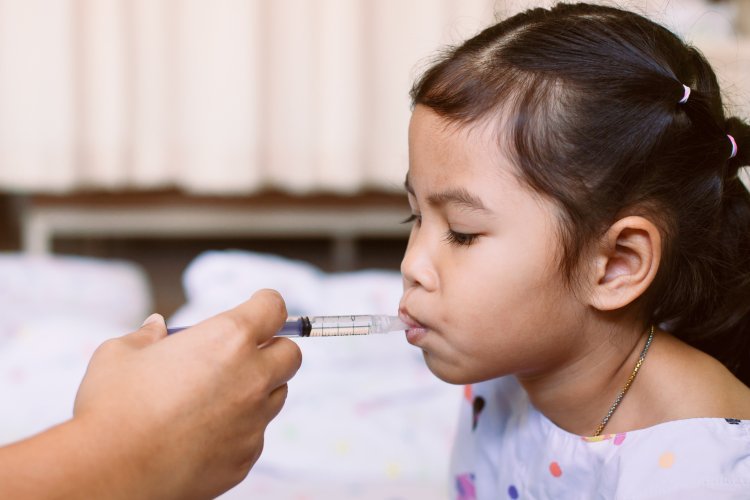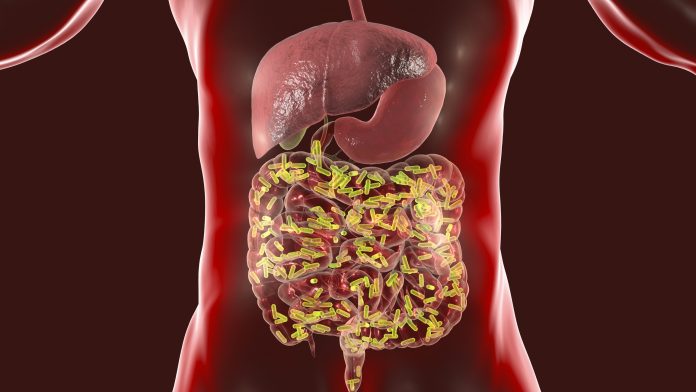Can Antibiotics in Infancy Raise the Risk of Obesity? What Parents Need to Know
Antibiotics save lives no question about it. They can stop infections in their tracks, protect children from serious illness, and give parents peace of mind. But like many powerful medicines, they come with hidden trade-offs. A growing body of research suggests that when antibiotics are given to babies and toddlers, especially in those crucial first years of life, they may increase the risk of obesity later on.

It sounds almost unbelievable a treatment designed to heal could quietly tip the scales toward lifelong weight struggles. But when you zoom in on biology, the picture begins to make sense.
The Gut Microbiome: An Invisible Architect of Health
Our bodies aren’t just ours; they’re bustling ecosystems. Trillions of bacteria, fungi, and other microorganisms live inside us, shaping everything from digestion to immune function to how we metabolize calories. This collection of microbes known as the microbiome is especially delicate in infancy, when it’s just beginning to form.
Antibiotics don’t discriminate. While they kill harmful bacteria that cause infections, they also wipe out friendly bacteria that support healthy growth. For an adult, that loss may be temporary. For a baby, whose microbiome is just being built from the ground up, the impact can echo through a lifetime.
Consider this: studies have already shown that babies born by C-section are more likely to become obese, partly because they miss out on the natural “bacterial inheritance” delivered through the birth canal. If simply missing that first microbial handshake matters, imagine what repeated rounds of antibiotics might do.

What the Research Shows
In one of the largest studies to date, researchers tracked more than 300,000 infants in the U.S. military health system. They found that children who received antibiotics in their first two years of life were 26% more likely to develop obesity later on.
The effect wasn’t limited to antibiotics. Medications designed to reduce stomach acid often prescribed for infant reflux were also linked to increased obesity risk. Why? Because reducing acid changes which bacteria survive in the gut, letting the wrong species thrive while crowding out the good ones.
The risk grew higher when babies received both antibiotics and antacids, or when these medicines were given for longer stretches of time.
And here’s a striking parallel: farmers have long known that giving young livestock antibiotics makes them gain more weight. It means more meat on the animals and more profit. But what’s profitable in agriculture is problematic in human health.
More Than Just Weight Gain
The concern isn’t only about the scale. Early use of antibiotics and antacids has also been linked to food allergies, asthma, and other immune-related conditions. Once again, the microbiome appears to be at the center of the story.
This doesn’t mean antibiotics should never be given. They are lifesaving tools when used appropriately and in cases of serious infections, the benefits far outweigh the risks. The problem lies in overuse. Many antibiotics are still prescribed unnecessarily, such as for colds (which are caused by viruses, not bacteria), or for ear infections that often resolve on their own.
What Parents Can Do

Parents aren’t powerless in this conversation. Here are a few ways to advocate for your child’s health:
Ask the hard questions. Before filling a prescription, ask your pediatrician: Is this antibiotic really necessary?
Opt for the shortest course. If antibiotics are needed, request the shortest effective duration.
Be cautious with antacids. Ask if reflux medicines are absolutely essential, or if lifestyle changes might help first.
Support the microbiome. Breastfeeding (if possible), introducing a variety of whole foods, and spending time outdoors can all help nurture a child’s healthy gut bacteria.
The Bigger Picture
We are living through an obesity epidemic that touches nearly every family, shaping health outcomes for generations. Antibiotics are just one piece of that puzzle, but they’re an important one.
The bottom line? Antibiotics should be respected, not feared. Used thoughtfully, they save lives. Used too freely, they may quietly alter the trajectory of a child’s health in ways we are only beginning to understand.
When it comes to babies and toddlers, getting “back to basics” protecting their natural microbiome, limiting unnecessary medications, and letting their bodies build resilience might be one of the most powerful gifts parents can give.
What's Your Reaction?




















